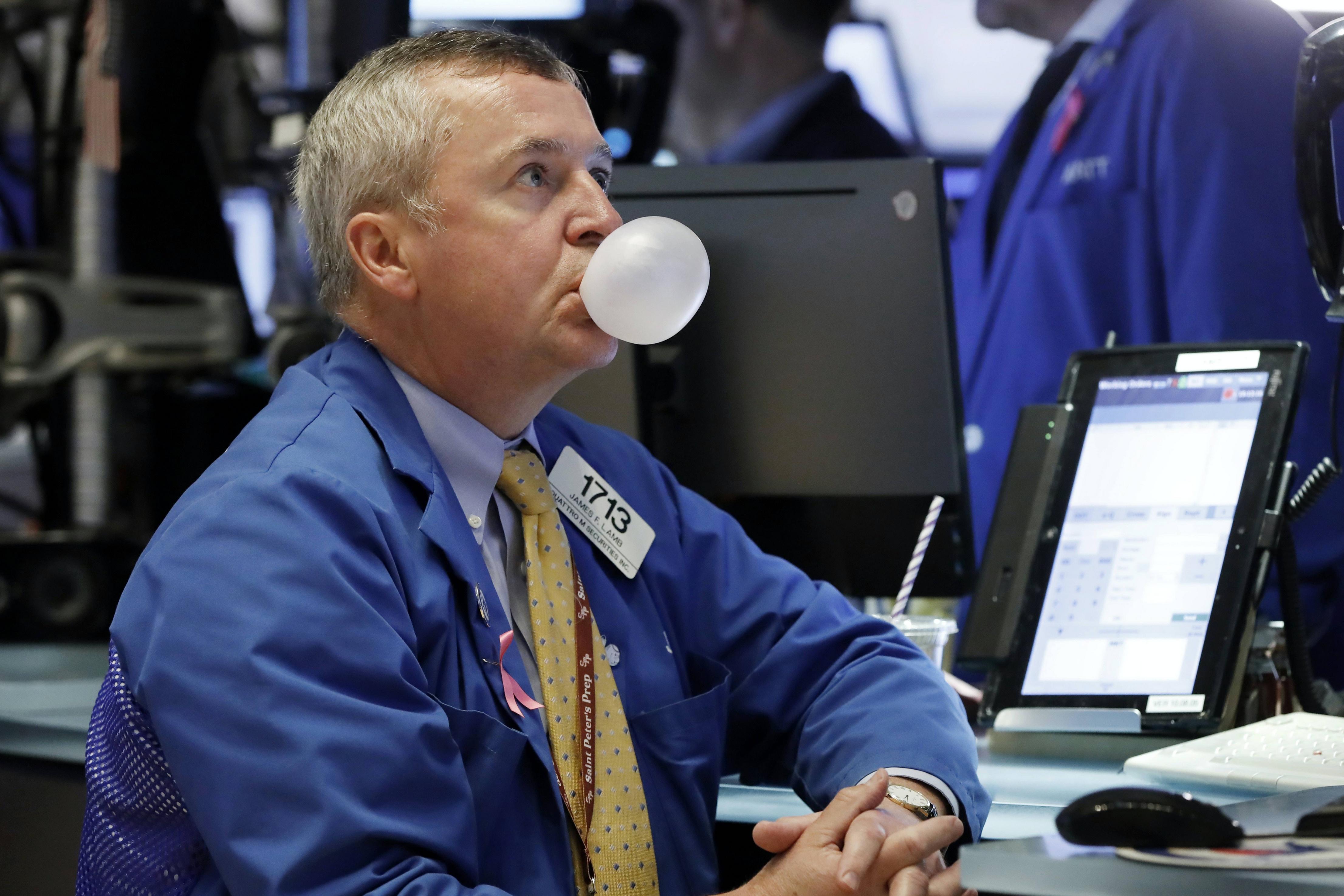
How to Buy Safe Stocks
A stock market, equity share market, or mutual fund market is an arrangement in which investors trade shares in companies. These may comprise securities listed in a publicly traded stock exchange, or they may also be held by mutual funds. The shares are listed, not the companies themselves, so they are often called the “stock.” Because of the extensive listing, this market allows for very rapid price fluctuations. Traders use the price information to decide whether the price of the share is a good buy or a bad one. Some investors use this market to “tweak” the price of the shares to their benefit; oftentimes this involves shorting the stock.
In order to participate in the stock market investment, you need to have a brokerage account. There are many different types of brokers available, and most offer services for both new and experienced investors. There is a minimum deposit required to open an account with a brokerage firm, and this is usually one percent of the total amount of shares. Most firms allow online access, so investors do not have to go to the office to buy or sell shares. There is typically no minimum balance, annual fees, or other requirements. Brokers are not connected with the companies they provide services for, so there is no way to verify whether a stock broker’s recommendations will be beneficial to you.
Other types of investors include individual investors who buy and sell shares on their own, institutional investors such as wealthy heirs or other groups, and financial institutions such as insurance companies and banks. Individual investors tend to buy large numbers of stocks that are not traded on the New York Stock Exchange, or those who are relatively unfamiliar with the intricacies of the stock market. These investors use the methods of stock market index trading, day trading, price action investing, and other methods. They are usually more experienced than other types of investors, and they can sometimes be more dangerous because they are more speculative in nature. Institutional investors, such as wealthy heirs or other groups, usually deal with small amounts of shares in a company, so they have a keen sense of when it’s time to sell their shares and purchase others.
The majority of investors are interested in buying and selling stocks that are part of a larger portfolio. These are called ‘passively-traded’ stocks. This type of investor is less likely to pay high commissions and fees, but they may also not be as likely to exercise strong due diligence techniques. Because they don’t trade the company’s shares themselves, they don’t have as much influence over the company’s management and policies.
On the flip side, savvy buyers can take advantage of the New York Stock Exchange to make money buying shares of a company that aren’t publicly-traded. In this case, they would take advantage of the low share prices (typically around half the share price). Buyers of these shares benefit from the profit potential, since they can buy at a lower price and then sell for a higher profit later on. However, due diligence is required to ensure the company has the financial resources to sustain the share prices once sold.
With all of the volatility of the New York Stock Exchange, it’s easy for even experienced investors to get distracted by all of the new shares that appear on the market. A common strategy for buying safe stocks is to purchase shares of companies that are well-established and which are thought to have a solid earnings history. Although these stocks may not pay high dividends at first, they should recover in time, and many companies that pay high dividends are still financially sound. As with any investment strategy, it’s important to be realistic about your expectations. Although the New York Stock Exchange provides a safe haven for many investors, it’s not for everyone.

